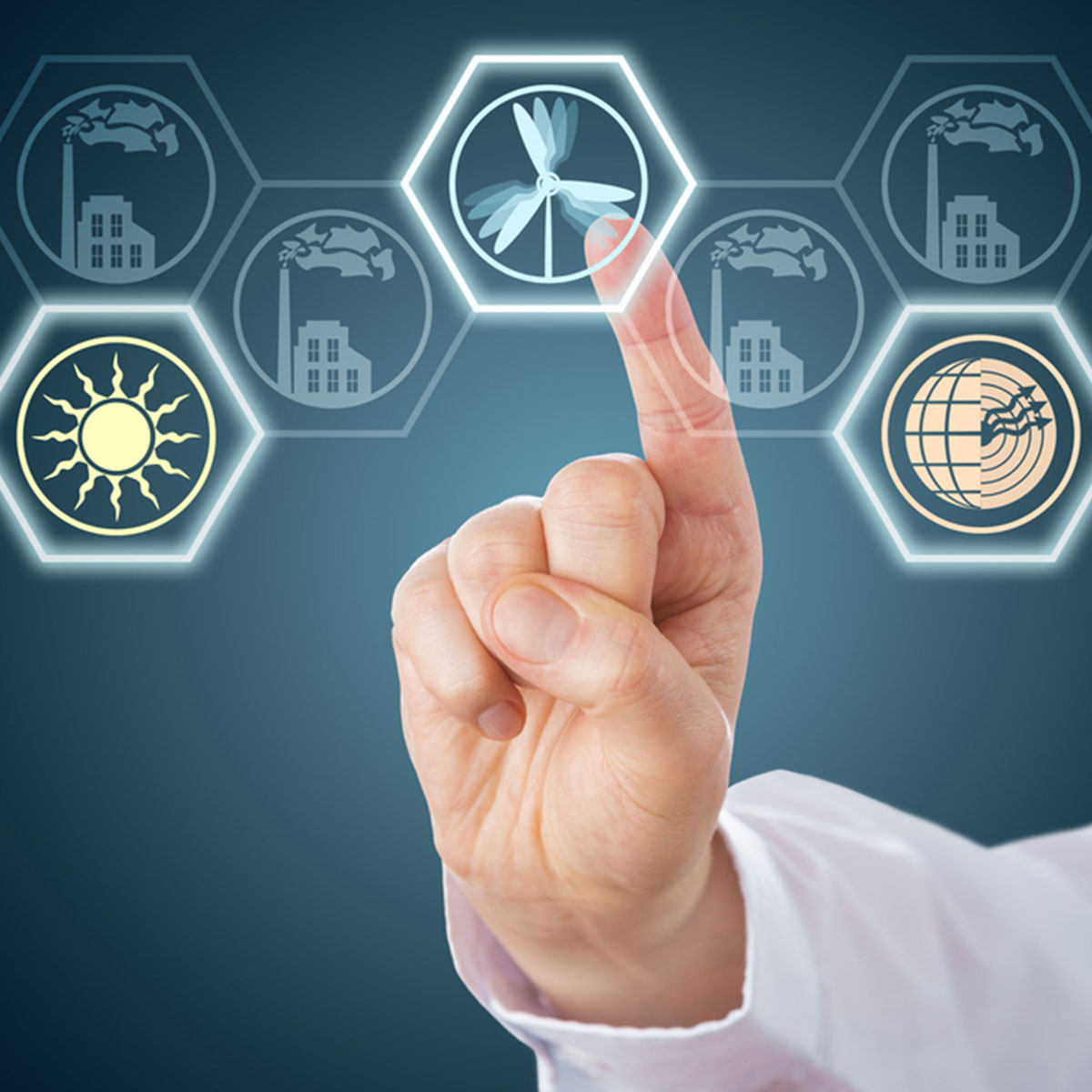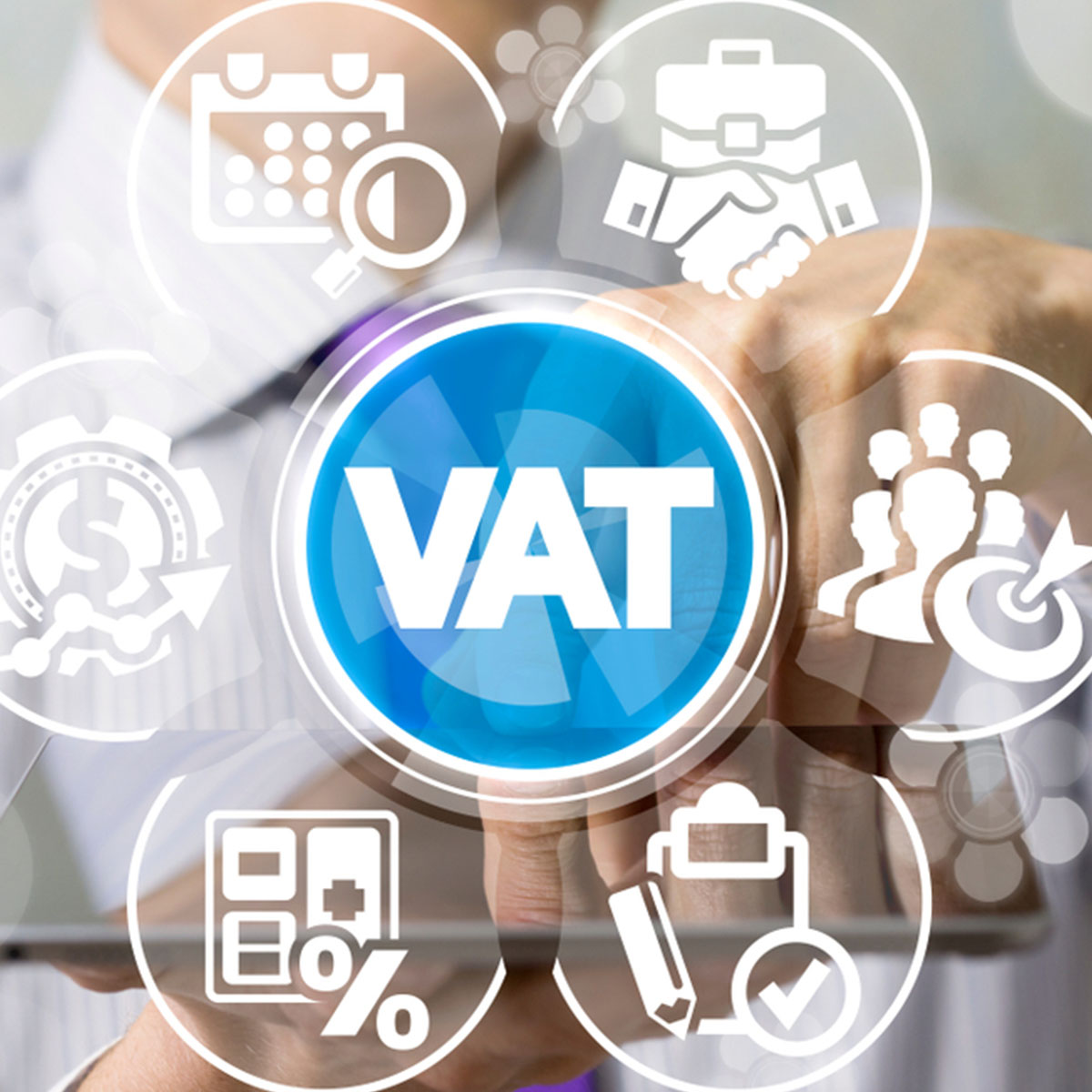Climate change's effects are becoming more apparent by the day, and world leaders are struggling with how to slow down the pace of change. Alternative energy has emerged as a credible way of mitigating climate change while also supporting the critical role of energy as an important foundation for sustainable development. This is because taking action to address environmental issues is a critical driver for achieving sustainable development goals in the energy sector. Alternative energy has many advantages, including the reduction of air pollution. As a result, countries all over the world are designing and implementing alternative energy policies. One of these governments is the president of the United Arab Emirates.
The United Arab Emirates is developing innovative and long-term solutions to ensure a smooth transition from traditional to alternative energy sources. The United Arab Emirates has been proactive in reorganizing energy sources, investing in alternative and clean energy sources, and developing the necessary legal and policy frameworks in this general context. The Federal Act No. 12 of 2018 for Integrated Waste Management, for example, stated in its seventh article:
The Ministry, in coordination with the competent authority, may do as following:
- Oblige the establishment to reuse certain kinds of waste it produces if doing so is less harmful to the environment than disposing of it.
- Oblige the establishment to recycle some types of waste that are suitable for recycling, or to treat some types of waste that require special treatment when disposed of separately.
- The competent authority should promote the establishment of recycling plants in order to recover as much recyclable waste as possible.
In addition, Ministerial Decree No. 98 of 2019 on the use of alternative fuels from waste treatment (RDF) in cement plants, which aims to: The use of alternative fuels from municipal solid waste treatment processes as an alternative to energy production, as indicated in the fourth article: All coal-fired cement plants in the country must get less than 10% of their total energy from municipal solid waste treatment plants.
Simultaneously, Vice-President of the UAE, His Highness Sheikh Mohammed bin Rashid, announced the Emirates Energy Strategy 2050, which aims to develop a combination of energy sources: Clean energy will account for 44 percent of total energy production in the UAE, compared to 38 percent for gas, 12 percent for green coal, and 6 percent for nuclear power, bringing the contribution of clean energy to 50 percent from the current 25 percent, resulting in a 700 billion AED savings by 2050, to meet rising energy demand while reducing CO2 emissions from electricity generation by 70%
Given that one of the most sustainable ways of producing alternative energy is through waste (solid waste, or garbage collected by municipalities). For example, in the emirate of Sharjah, The Emirates Waste-to-Energy Company is developing a technically advanced waste-to-energy plant in collaboration with Abu Dhabi Future Energy Company (Source) and Environment Management Company (Environment). This plant will help Sharjah achieve its goal of landfill disposal by treating up to 300,000 tons of solid waste per year, assisting the UAE government in achieving Vision 2021, which calls for treating 75 percent of solid waste rather than converting it to landfills. Burning waste produces heat, which is used to power an electric turbine. The net electricity generated is around 27 megawatts, and it will be fed into Sharjah's main electricity grid. Before being released into the atmosphere, the gas from the waste burning process is processed. The materials produced by the combustion process, such as ash, are also processed and temporarily stored on site before being collected by the (Environment) company.
The Ras Al Khaimah government has also established (the Waste Management Authority) to recycle daily waste from the emirate's various regions and use it to generate electricity and other raw materials such as paper, glass, aluminium metals, and iron. 335 tons of housing waste are collected daily, or 10,500 tons per month, for a total of 126,000 tons per year, and 100 tons of industrial waste are collected daily. Materials and wastes that can be exploited, such as plastic, paper, cardboard, and glass, are sorted and transported on a daily basis before being separated and recycled.
In conclusion, energy-to-waste projects have a lot of potential to improve environmental protection and sustainability. The adoption of waste-to-energy technologies by the United Arab Emirates is a key component of the country's long-term goals for clean energy and sustainable development.










